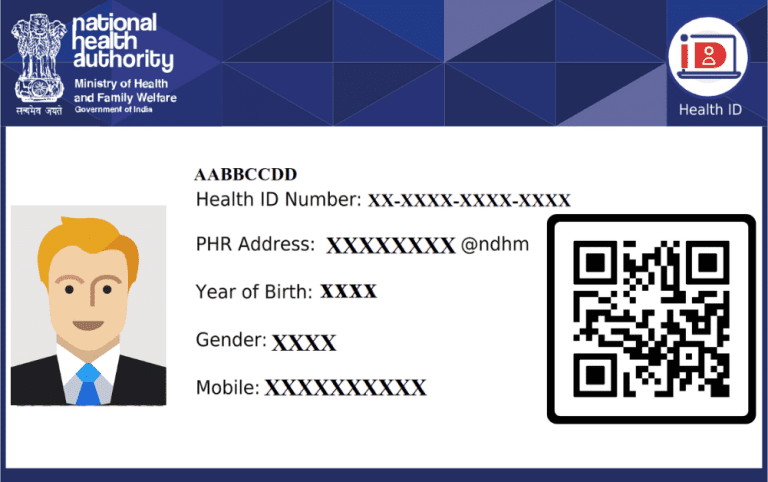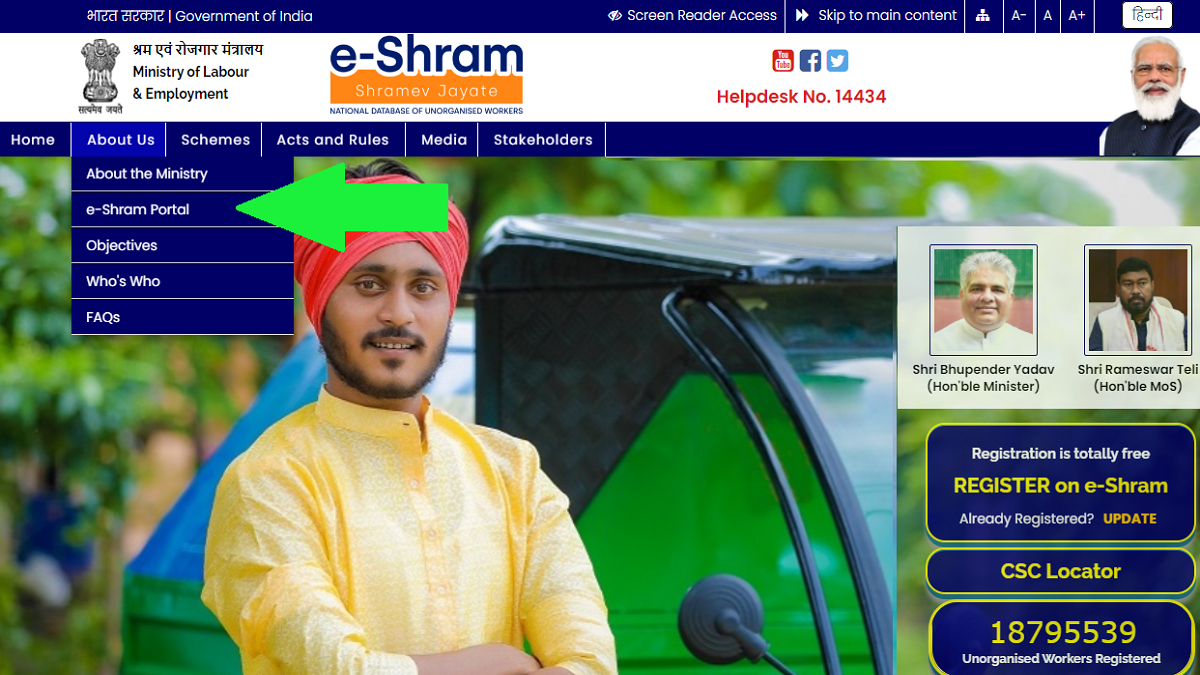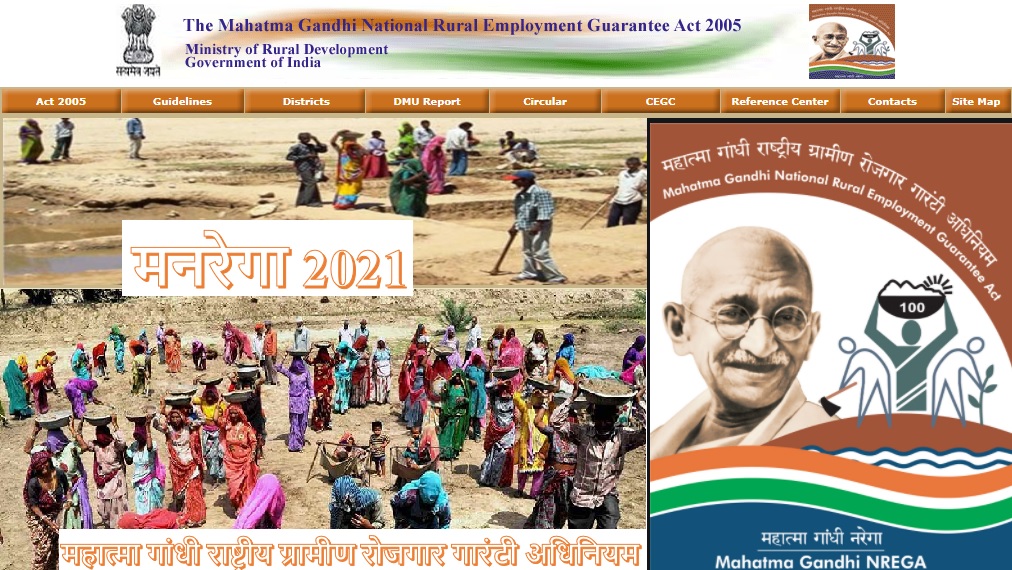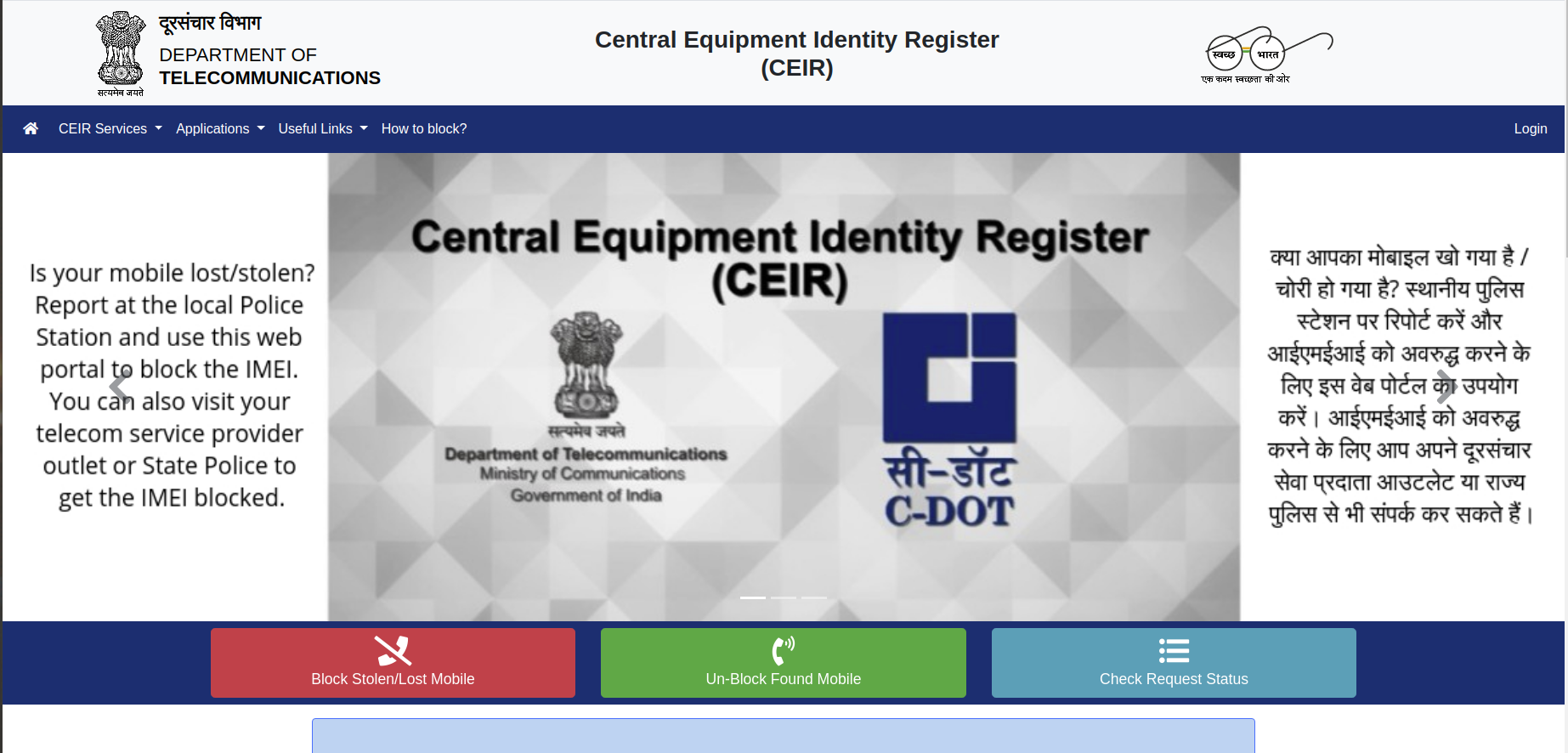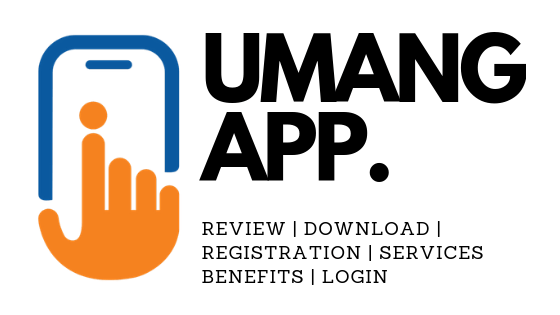As a trusted and reliable source of information, government websites have always been a go-to for people who want to learn more about a particular topic. From health to business, education to transportation, government websites provide a wealth of information that is both informative and educational.
However, as more and more people turn to the internet for answers to their questions, it’s becoming increasingly important for government websites to not only provide accurate and up-to-date information but also to optimize their content for search engines.
In today’s digital age, government websites play a crucial role in providing information and services to citizens. However, with so many government websites available online, it can be difficult to stand out and ensure that your website is reaching its intended audience. In this article, we will discuss some tips and strategies that can help you outrank other government websites in Google search results and increase your website traffic.
We believe that the key to outranking other websites is to create content that is not only well-written and informative but also SEO-friendly. In this article, we’ll share our best tips and tricks for optimizing government websites for search engines.
- Conduct Keyword Research
The first step in optimizing any website for search engines is to conduct thorough keyword research. This involves identifying the most relevant and commonly searched-for keywords related to the topic you’re writing about and incorporating them into your content.
For government websites, it’s important to identify the keywords that people are most likely to search for when looking for information on a particular topic. This could include keywords related to government programs, services, or regulations.
- Write Compelling Headlines and Meta Descriptions
Once you’ve identified the keywords you want to target, it’s time to start writing your content. One of the most important aspects of creating SEO-friendly content is writing compelling headlines and meta descriptions.
Your headline should be both attention-grabbing and keyword-rich, while your meta description should provide a brief summary of your content and include your target keyword.
- Optimize Your Content
In addition to writing compelling headlines and meta descriptions, it’s important to optimize your content for search engines. This includes using your target keyword throughout your content, including in your headers, subheaders, and body copy.
It’s also important to ensure that your content is well-organized and easy to navigate, with clear headings and subheadings that make it easy for readers to find the information they’re looking for.
- Build High-Quality Backlinks
Another key aspect of optimizing government websites for search engines is building high-quality backlinks. This involves getting other reputable websites to link back to your content, which can help to boost your website’s authority and improve your search engine rankings.
One effective way to build backlinks is to create high-quality, informative content that other websites will want to link to. This could include creating infographics, videos, or other types of multimedia content that provide value to your audience.
- Stay Up-to-Date on SEO Best Practices
Finally, it’s important to stay up-to-date on the latest SEO best practices to ensure that your government website continues to rank well in search engine results pages (SERPs).
This could include keeping up with changes to search engine algorithms, conducting regular SEO audits of your website, and monitoring your website’s analytics to identify areas for improvement.
At our company, we believe that optimizing government websites for search engines is not only important but also essential for ensuring that people have access to accurate and up-to-date information. By following these best practices, you can help to ensure that your government website ranks well in search engine results pages, and continues to provide valuable information to your audience.



